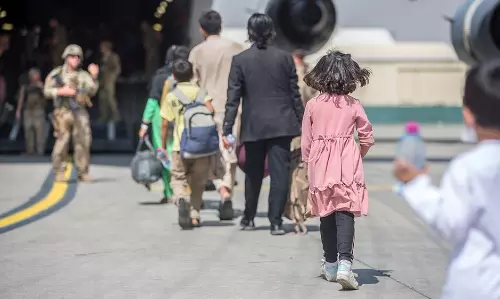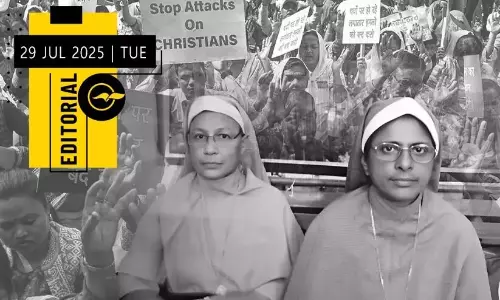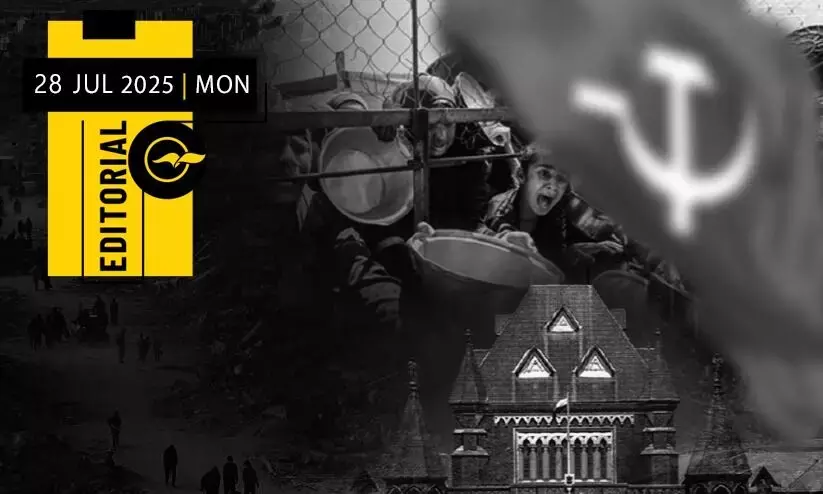
Centre cites fund crunch as 60% of SC, ST and poor students await scholarship letters
text_fieldsAbout sixty per cent of students selected for the National Overseas Scholarship (NOS), belonging to Scheduled Castes (SC), Denotified Nomadic Tribes (DNT), semi-nomadic tribes, landless agricultural labourers, or traditional artisan categories, have not received their award letters, with the Union government citing a lack of funds as the reason for the delay in disbursing the financial assistance.
The Union Ministry of Social Justice and Empowerment has issued provisional scholarship awards to only 40 of the 106 candidates selected for the National Overseas Scholarship (NOS) for the 2025–26 academic year, while suggesting that the remaining 66 may receive their award letters depending on the availability of funds, according to The Hindustan Times.
The ministry attributed the delay to the absence of clearance from the Cabinet Committee on Economic Affairs, which is chaired by Prime Minister Narendra Modi, and stated that funds could not be disbursed without the committee’s approval.
The NOS scheme, which was instituted in 1954–55, provides financial support to students from Scheduled Castes, Denotified Nomadic Tribes, semi-nomadic tribes, landless agricultural labourers, and traditional artisan backgrounds with an annual family income under ₹8 lakh, and has historically issued provisional letters to all selected candidates.
However, the ministry this year has adopted a phased approach that hinges on financial sanction, leaving a significant number of selected candidates in a state of uncertainty as they prepare for the upcoming academic session.
The disruption in the NOS scheme comes in the wake of similar issues reported in other scholarship schemes, including the Maulana Azad National Fellowship (MANF), where over 1,400 PhD scholars have faced a halt in stipend payments since January 2025, with many having not received stipends from as early as December 2024.
Administered by the Ministry of Minority Affairs, the fellowship supports research scholars from six notified minority communities, yet delays have been widespread and prolonged.
Furthermore, the National Fellowship for Scheduled Castes also saw significant irregularities, as the list for June 2024 was delayed and revised, leading to the exclusion of hundreds of previously selected scholars.
Concerns about the broader impact of these delays have intensified after reports emerged of scholarship portals in states such as Bihar remaining inactive, causing students to miss out on scholarships entirely in some years.

















